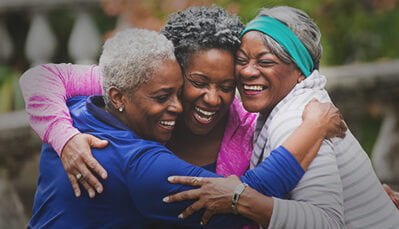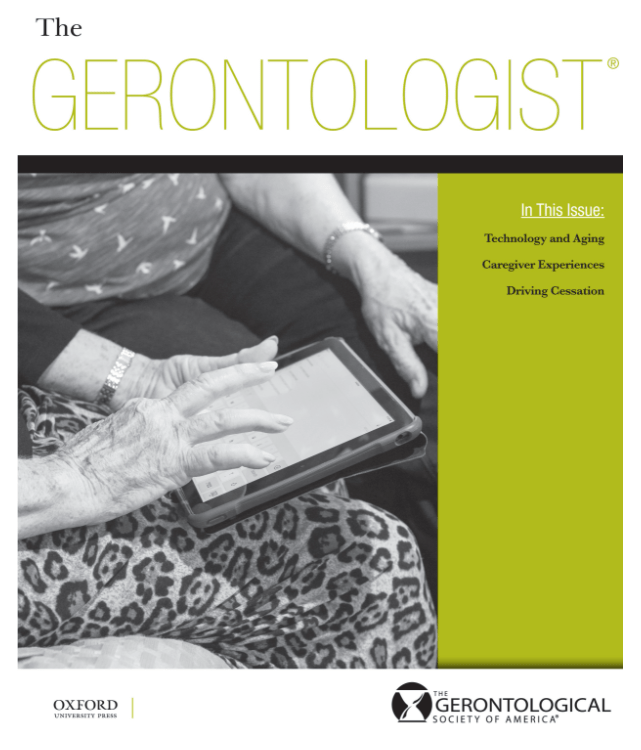The Harvey A. Friedman Center for Aging is committed to facilitating projects and programs that amplify and advance issues in the field of aging.

WashU for Life
Washington University in St. Louis is a member of the Age-Friendly University Global Network, a group of educational institutions committed to expanding programs and policies to engage people in all life stages. Universities in the network help develop innovations in education, research, and community engagement in order to increase age-diversity on campus, improve multi-generational learning environments, and create opportunities for career development across a longer life course. As part of its Age-Friendly University work, the Harvey A. Friedman Center for Aging has created a new initiative, WashU for Life, to become a comprehensive age-integrated research university.
WashU for Life programs
The Friedman Center for Aging partners with the Office of Human Resources at WashU to offer educational seminars designed to help employees consider transition to retirement. These sessions encourage participants to re-imagine retirement. Workshops address the When, Why and What of retirement, critical components (including purpose, leisure, social, health and wellness), and how to gather information, plan and enlist support around retirement decisions. A document with resources to support a purposeful retirement has also been developed to accompany these seminars.
This toolkit, Tools for Advancing Age Inclusivity in Higher Education, features Washington University in St. Louis as an Age-Friendly University. It was published by the AARP, the Gerontological Society of America and the Academy for Gerontology in Higher Education.
The Friedman Center has conducted multiple focus groups to learn about the challenges and opportunities of increasing age-diversity at WashU. Qualitative data on the current landscape of age-diversity at WashU and advantages and challenges associated with serving a wider range of ages have been collected from dozens of campus staff members and administrators.
Next Move is a group for MSW/MPH/MSP graduate students returning to school after substantial work/life experiences who are aiming to redefine, restart, or advance their careers. Meetings and events have included IT and Career services info sessions, support group sessions, happy hours, and alumni panels where former students discuss their experiences. A long-term goal is to launch Next Move student groups in other WashU colleges in addition to the Brown School.
The WashU for Life initiative seeks to engage and educate people across a wide range of ages as well as contribute to the body of research about multi-generational learning environments. There are currently two studies on multi-generational classrooms in progress. One is an on-going study conducted in affiliation with the undergraduate class, When I’m 64. This class enrolls approximately 75 first-year students and 15 older adults from the STL Village Network to learn about aging from an interdisciplinary perspective. The second project studies WashU undergraduate students enrolled in Osher Lifelong Learning Institute (OLLI) courses. Both of these studies seek to gain a better understanding of the impact multigenerational classrooms have on learning.

Making the Case for Age-Diverse Universities
Read The Gerontologist article co-written by Nancy Morrow-Howell, director of the Friedman Center for Aging.
How Old is WashU?
Explore this infographic to understand the age breakdown of WashU compared to the U.S.
